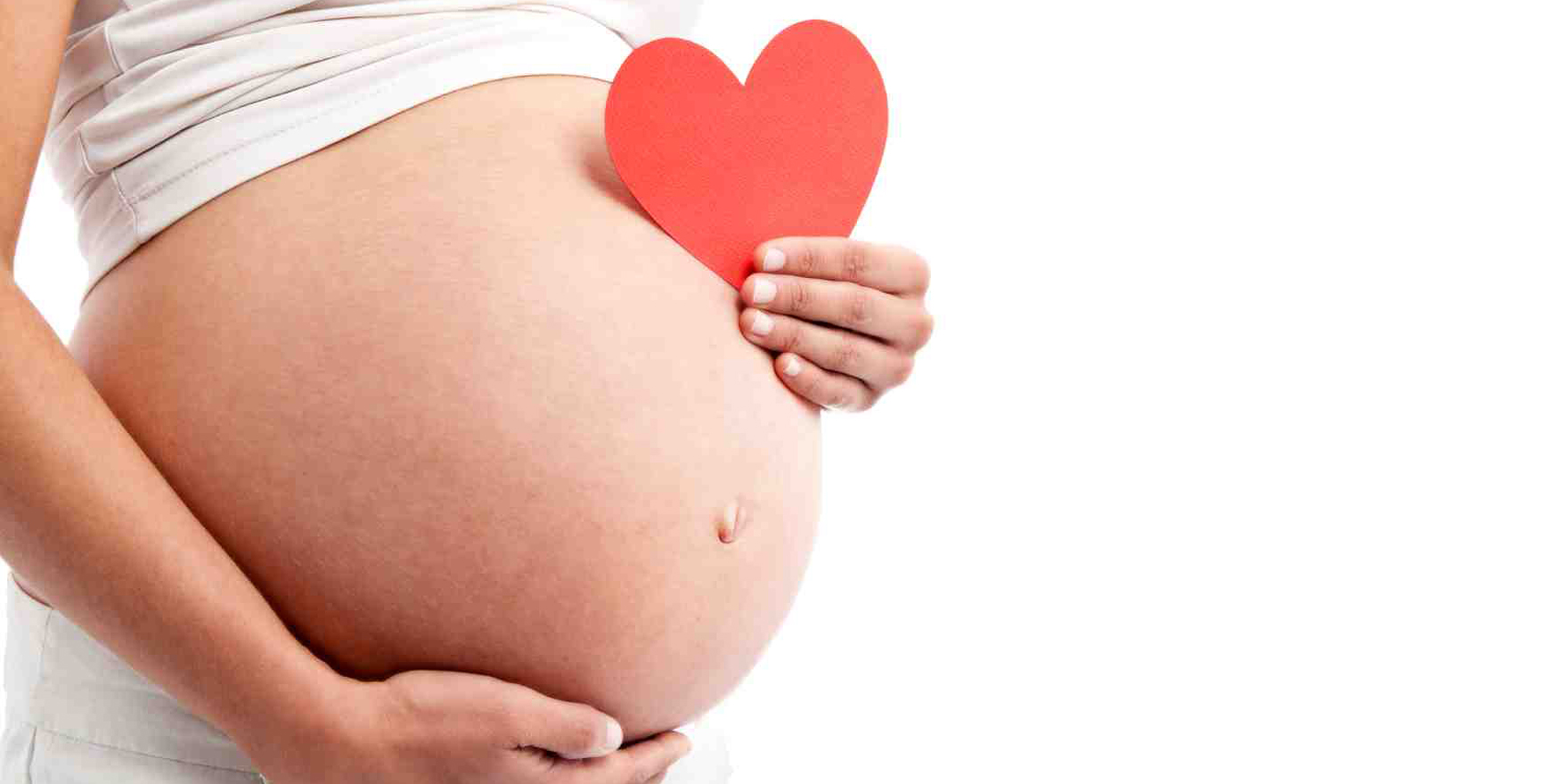Should women delay pregnancy when they have been diagnosed with breast cancer?
Should women delay pregnancy when they have been diagnosed with breast cancer? Do autoimmune diseases increases a person’s risk of developing dementia? These were some of the questions raised in the leading medical journals over the past fortnight.
Cancer and pregnancy
Getting pregnant around the time of a breast cancer diagnosis does not increase risk of death over a five-year period, a study shows.
While most women are advised to postpone pregnancy for at least two years after treatment, there is no significant survival benefit from delaying conception.
The study of more than 7,500 women aged 20 to 45 found no significant difference in survival between women with breast cancer who were not pregnant five years either side of diagnosis, and women who fell pregnant five years before, during or shortly after diagnosis.
MS lifts dementia risk
Having an autoimmune disease increases a person’s risk of developing dementia, findings from a retrospective study suggest.
Researchers in the UK looked at over 1.8 million hospital admissions for a range of autoimmune diseases between 1999 and 2012 and compared them with a control group of non-autoimmune disease admissions.
Overall, they found a 20% increased risk of developing dementia in people with autoimmune disease compared to controls, with the link strongest for vascular dementia.
And on analysing the 25 different autoimmune diseases studied, the researchers found the increase in relative risk was highest for multiple sclerosis (97% increase), Addison’s disease (48%) and systemic lupus erythematosus (46%).
Jour Epidemiology and Comm Health; online 2017
US has worst coordination
As many as 10% of respondents from the US report poor primary-care coordination, the worst result out of 11 high-income countries.
Poor primary-care coordination was defined as at least three instances where either: test results or medical records weren’t available; patients received conflicting information; doctors ordered medical tests patients felt were unnecessary; specialists did not have basic medical information or test results from the regular doctor; and, after visiting a specialist, the regular doctor didn’t seem updated and informed about the care which had been received.
The authors analysed data from 14,000 patients across Australia, Canada, France, Germany, the Netherlands, NZ, Norway, Sweden Switzerland, the UK and the US. Australia ranked near the top for coordination, alongside Canada and NZ, but trailed the UK.
Ann Fam Med 2017; online 13 March
Uplifting findings?
Beauty might well be in the eye of the beholder, but a study suggests people also judge financial success and overall wellness on appearance too.
Researchers from Johns Hopkins University have shown that women who have had a facelift not only look younger and more attractive, but are also perceived to be healthier and more successful than their pre-facelift selves.
The web-based survey asked over 520 people to assess 13 images of female patients either before or after facelift surgery.
In addition to being perceived almost four years younger, women who had had facelifts were rated significantly more attractive (8.21%), more successful (5.82%) and healthier (8.72%).


